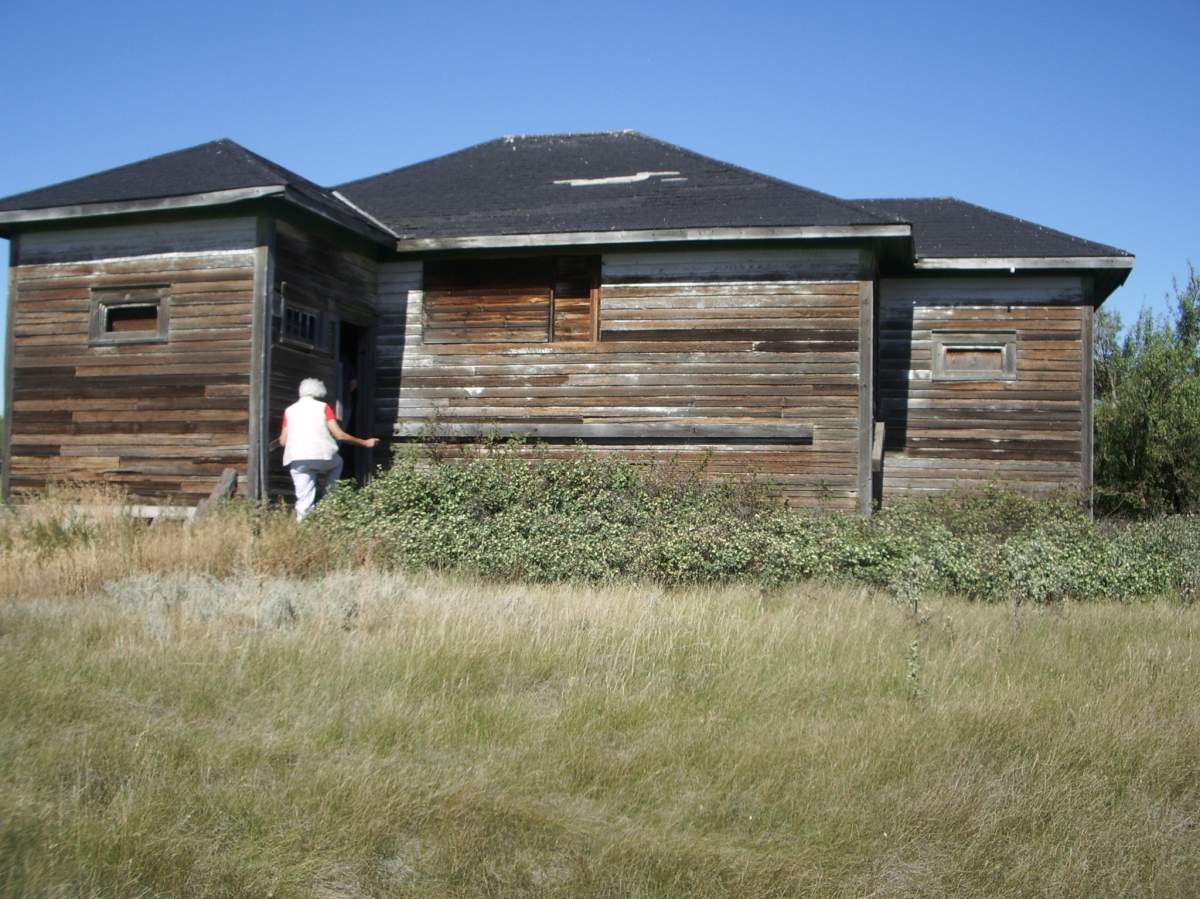When the LaFayette family moved to Saskatchewan in the early 1900s, they were the only Black people in their community. More than a century later, the family has thrived on the prairies.

Lewis and Lillie LaFayette moved to Saskatchewan in 1906 from Iowa with their grown son and an 18-month-old baby boy.
Originally, they planned to settle in Regina.
“The story goes that (Lewis) had sent money for land in Regina but when he got here nobody knew about any money being sent,” said his granddaughter Carol LaFayette-Boyd.
“He had to homestead out there in the Rosetown area.”
And so, LaFayette-Boyd’s grandparents settled near Rosetown. She said he grandfather helped build the community’s first school on his property.
They named the one-room schoolhouse “Oskaloosa”, after the family’s home in Iowa. The LaFayette’s were the only Black students, LaFayette-Boyd said.

Get breaking National news
The family faced racism, LaFayette-Boyd said, more before she was born. She recalled an incident where her aunt, who had a teaching certificate, tried to get a job.
“The chairman of the board, who was white, said there was no way any Black girl was teaching his kids,” she said.
While growing up in Rosetown, LaFayette-Boyd said most people accepted her family, but things did happen, like when her aunt — and later her sister — worked at a local bakery.
“(My aunt) worked in the bakery and they only let her work in the back,” LaFayette-Boyd said.
When her sister, around 16-years-old at the time, got a job there she was also delegated to the back.
“She asked the manager or owner … the next time somebody left she’d like to go work out front. He said ‘Oh yeah, next time we get a new person you’ll go up front’,” she said.
But instead, when her sister came into work she discovered her white friend from school had been hired — and put to work out front.
“She said to him ‘You told me I was going to be working up front’ and he said ‘It’s probably better this way or whatever’ and she said ‘That’s fine, I’m leaving’ and she walked off, she quit.”
The manager called her sister back that night, and she was allowed to work in the front after that, LaFayette-Boyd said.
She said she learned at a young age she had to work harder than her white counterparts did.
“The one thing that Black people have learned since forever is that you have to do 200 per cent to what other people would get by with 50 per cent,” she said.
The LaFayette family is now spread across the prairies, LaFayette-Boyd said. They still have land in Rosetown where her brother, now almost 90, still works in the fields every day.








Comments